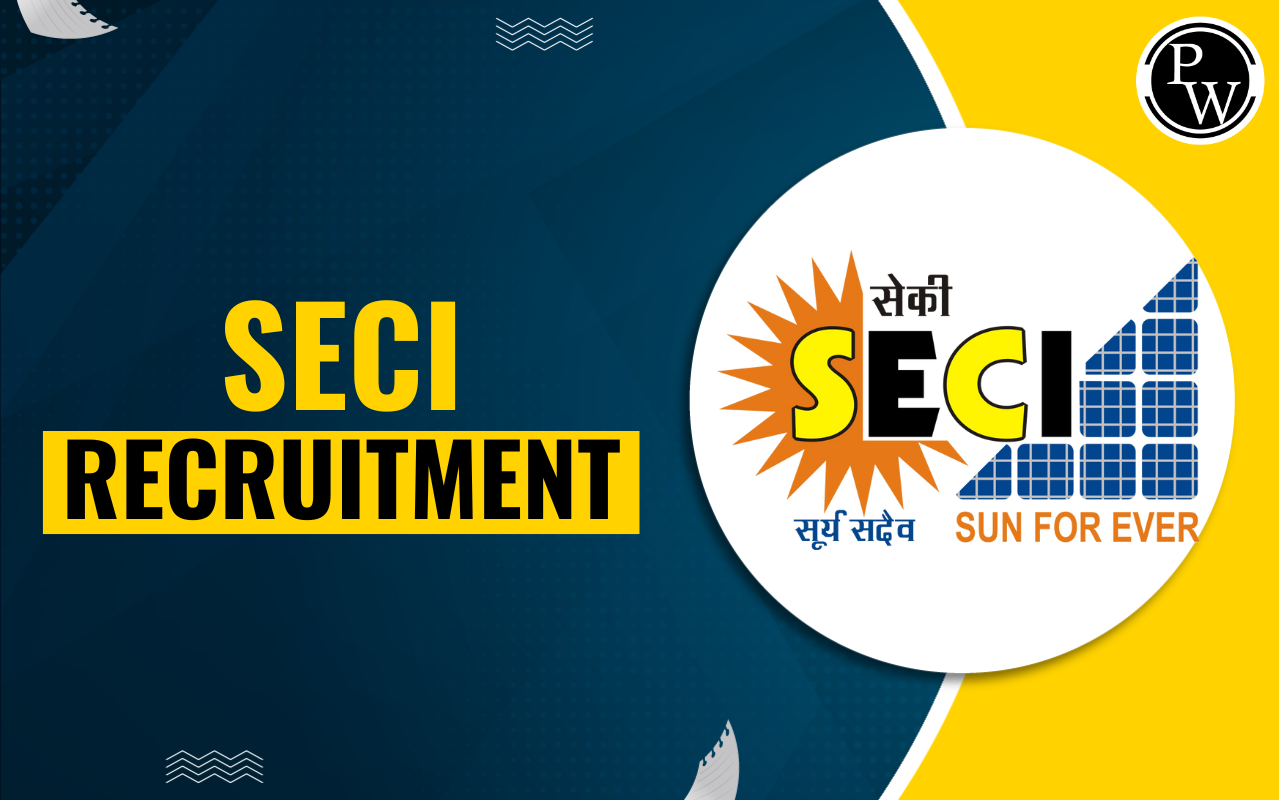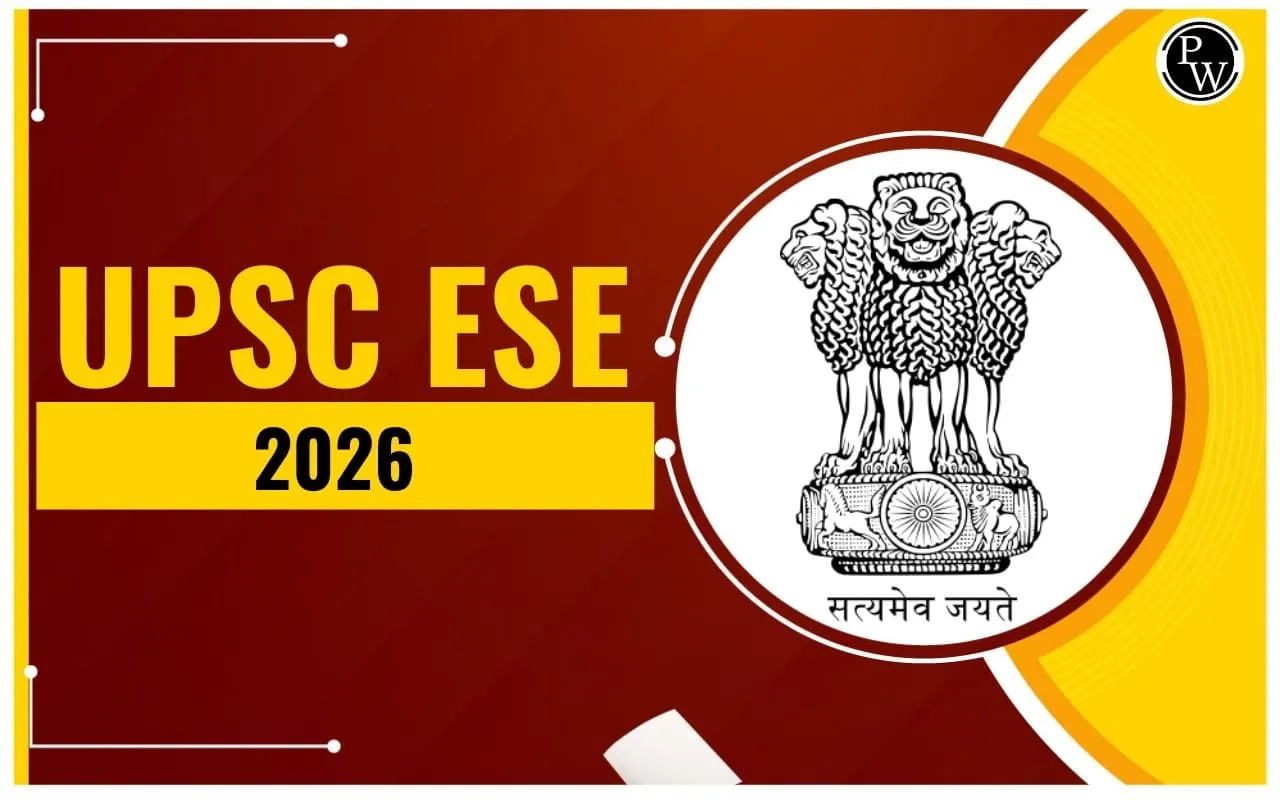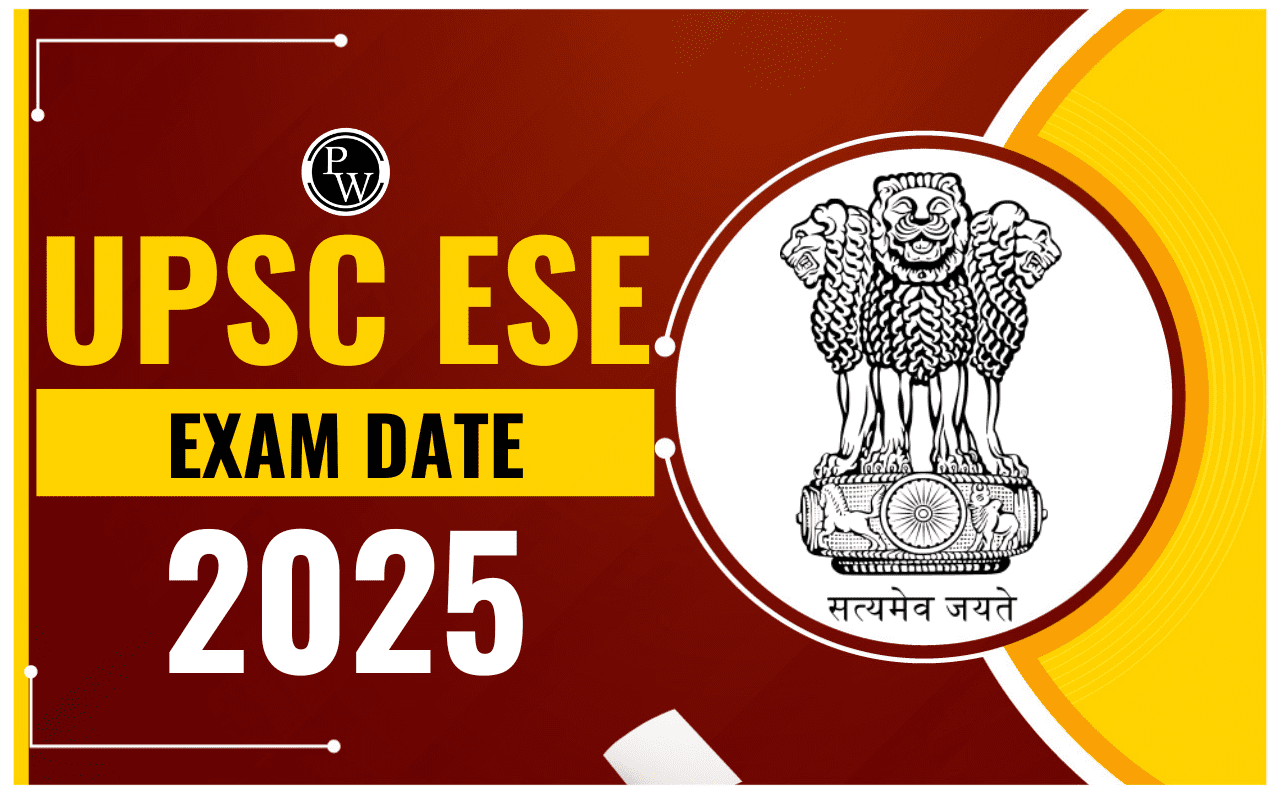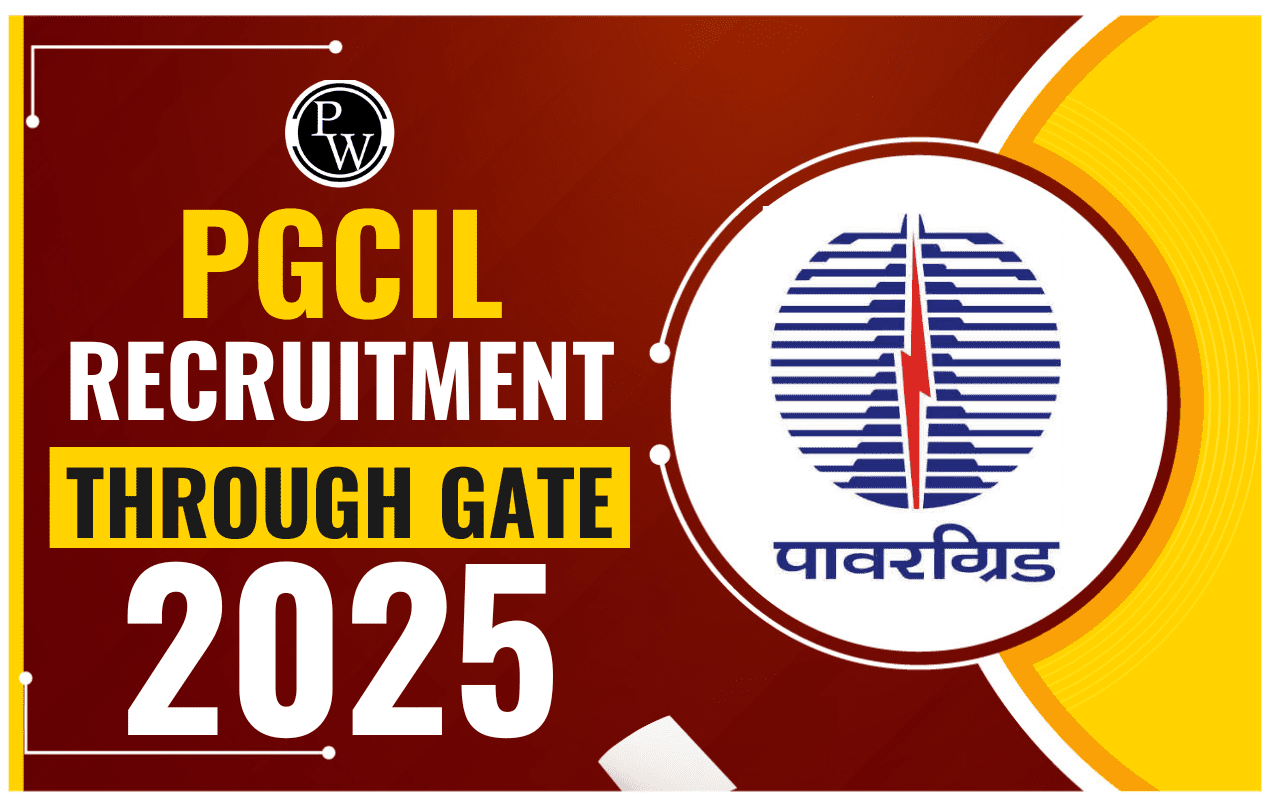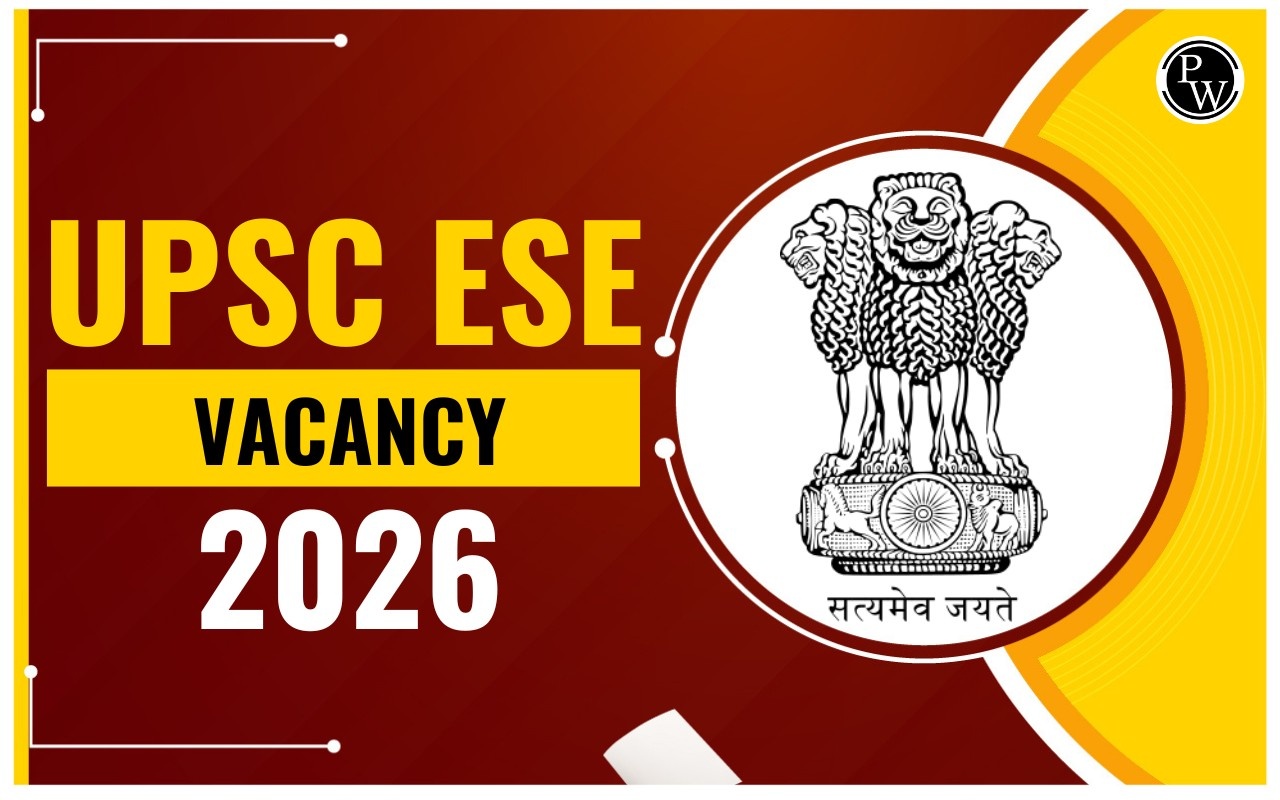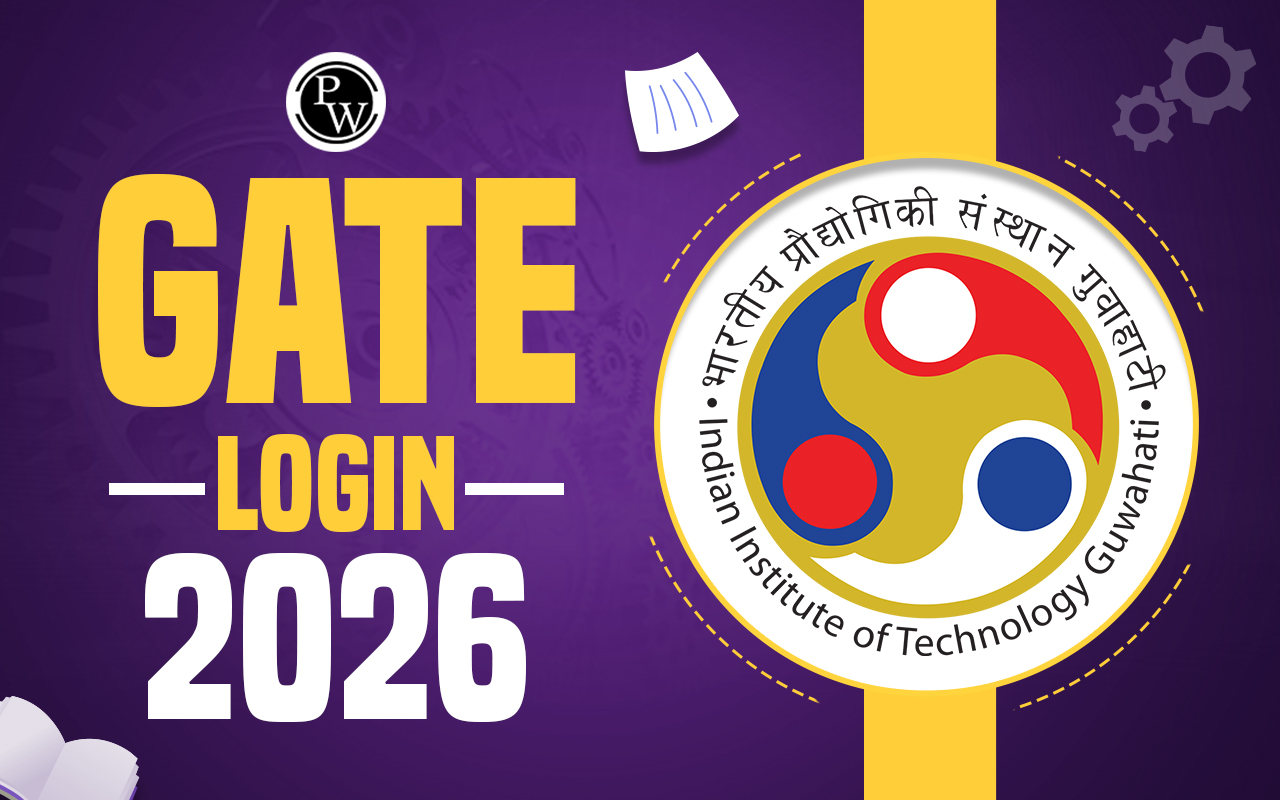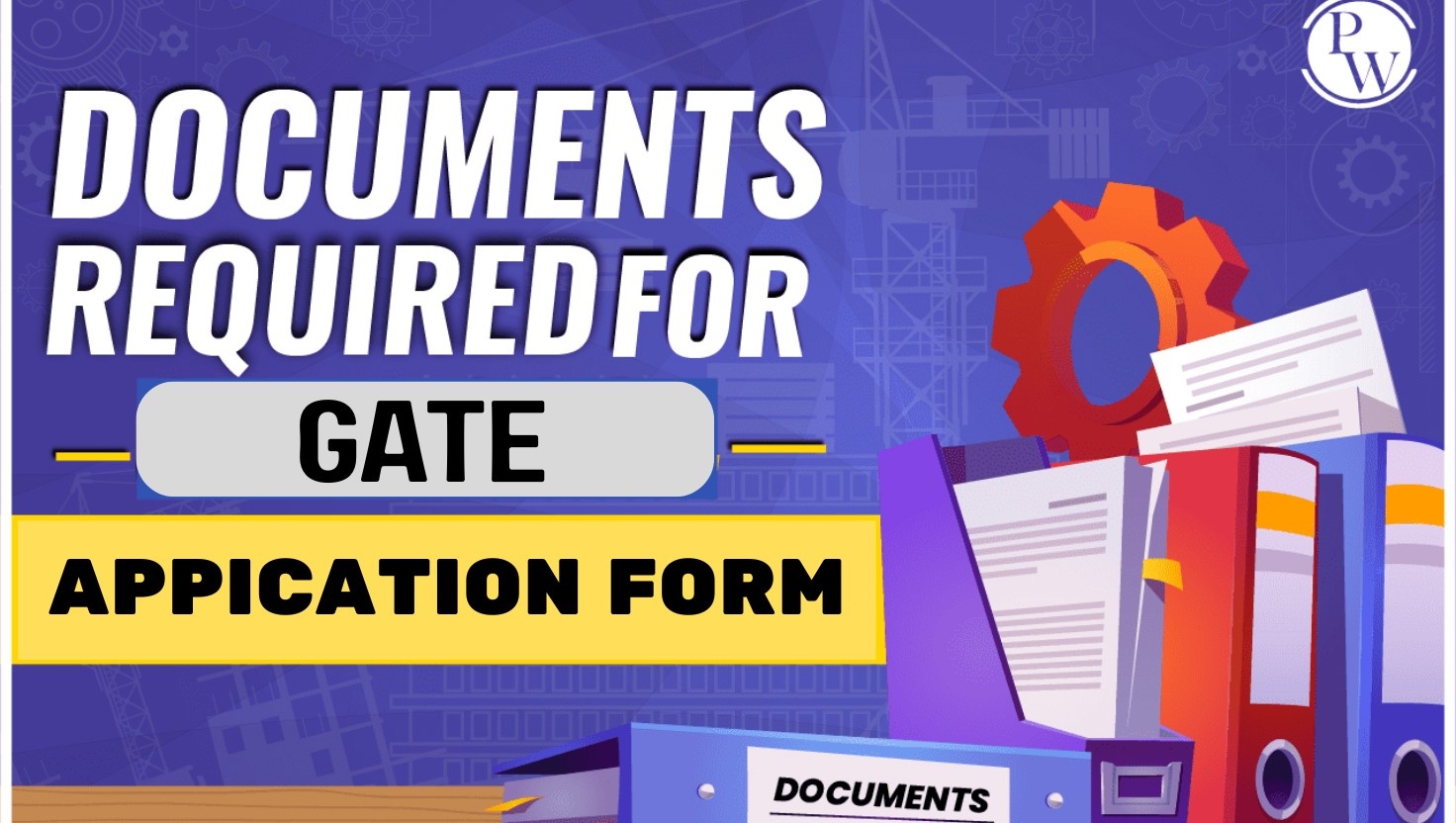

GATE Production and Industrial Engineering Syllabus 2026: The Indian Institute of Technology (IIT) Guwahati will administer the GATE 2026 examination for 30 various branches, including Production and Industrial Engineering. Candidates who are aspiring to appear for GATE PI 2026 must understand the comprehensive syllabus and align their preparation accordingly.
The GATE PI Syllabus covers the core concepts from Production and Industrial Engineering as well as General Aptitude and Engineering Mathematics, totalling 65 questions. Mastering the GATE Syllabus for Production and Industrial Engineering requires an effective study plan, strategic approach, and dedicated practice.
Candidates are encouraged to keep the syllabus handy to prepare in a structured manner. The GATE PI Syllabus consists of key topics and concepts from which the questions will arise in the examination.
GATE Production and Industrial Engineering Syllabus 2026
IIT Guwahati will host the GATE Production and Industrial Engineering exam in 2026. The syllabus is divided into three sections: Core PI Subjects, General Aptitude, and Engineering Mathematics. To cover this extensive syllabus, candidates are advised to begin the preparation as early as possible.
Cracking the exam with a good score will open doors to postgraduate admission and jobs in top companies. The syllabus is a vital resource for aspirants to know the key focus areas and their mark allocation. Below is the detailed GATE PI Syllabus 2026 with topic-wise breakdown:
GATE PI Syllabus 2026 Overview
The GATE Production and Industrial Engineering Syllabus is usually distributed into three parts, namely, Engineering Mathematics, General Aptitude, and Product Engineering. However, the core topics from the GATE PI syllabus are likely to carry 72 percent of the total weightage, which makes it crucial to score well. Check out the detailed sections of the GATE Production and Industrial Engineering Syllabus 2026 given below.
- Engineering Mathematics
- Manufacturing Processes I
- Manufacturing Processes II
- General Engineering
- Quality and Reliability
- Industrial Engineering
- Operations Research and Operations Management
Let's understand all the above-mentioned sections of the GATE Production and Industrial Engineering syllabus 2026 in detail below.
GATE Production and Industrial Syllabus for Engineering Mathematics
The GATE Production and Industrial Engineering syllabus 2026 for Engineering Mathematics covers topics such as Functions of a Single Variable, Limit, Continuity, Differentiability, etc., as explained below.
| GATE PI Syllabus 2026 - Engineering Mathematics | |
| Topics | Sub Topics |
| Linear Algebra | Matrix algebra, Systems of linear equations, Eigenvalues and Eigenvectors |
| Calculus | Single-variable functions, Limits, continuity, differentiability, Mean value theorems, Definite and improper integrals |
| Differential Equations | First-order equations (linear and nonlinear), Higher order linear differential equations, Initial and boundary value problems, Laplace transforms |
| Complex Variables | Analytic functions include concepts such as functions that can be represented by power series, Cauchy's integral theorem, and the use of Taylor series for function approximation and expansion |
| Probability and Statistics | Probability definitions, Sampling theorems, Conditional probability, Mean, median, mode, standard deviation, Linear regression, Random variables, Probability distributions (Poisson, normal, binomial, exponential) |
| Numerical Methods | Numerical solutions of algebraic equations (linear and nonlinear), Numerical integration, and numerical methods for differential equations |
GATE Production and Industrial Engineering Syllabus for Manufacturing Processes
The GATE Production and Industrial Engineering Syllabus 2026 for the Manufacturing Processes I course focuses on key topics that are related to manufacturing processes within the areas of production and industrial engineering.
| GATE PI Syllabus 2026 - Manufacturing Processes I | |
| Topics | Sub Topics |
| Casting | Types of casting processes and applications; Sand casting: patterns, molds, cores, gating system, riser; Casting techniques for cast iron, steels, and non-ferrous metals; Solidification analysis, microstructure development; Other casting techniques |
| Metal Forming | Stress-strain relations, yield criteria, flow stress; Hot, warm, and cold working; Bulk-forming processes: forging, rolling, extrusion, wire drawing; Sheet metal working processes: blanking, punching, bending, and forming; Defects in metalworking and their causes |
| Joining of Materials | Classification of joining processes; Fusion welding processes: flame, arc, resistance, laser, electron beam; Arc welding processes: SMAW, GMAW, GTAW, plasma arc; Solid-state welding processes: friction welding, friction stir welding, ultrasonic welding |
| Powder Processing | Production of metal/ceramic powders; Compaction and sintering of metal and ceramic powders; Cold and hot isostatic pressing |
| Polymers and Composites | Polymer processing: injection, compression, blow molding, extrusion, calendaring, and thermoforming; Molding of composites |
GATE Production and Industrial Engineering Syllabus for Manufacturing Processes II
The GATE Production and Industrial Engineering Syllabus for Manufacturing Processes II covers advanced topics such as Machining, Machining tools, and Advanced Manufacturing, among others, as given below:
| GATE PI Syllabus 2026 - Manufacturing Processes II | |
| Topics | Sub Topics |
| Machining | Orthogonal and oblique machining (USM: Ultrasonic Machining), Single point cutting tool, chip formation, cutting forces, Machining parameters, material removal rate; Machining processes: turning, milling, drilling, and grinding |
| Machine Tools | Lathe, milling, drilling, and shaping machines: construction, kinematics; Jigs and fixtures: principles, applications, and design |
| Advanced Manufacturing | Principles and uses of USM (Ultrasonic Machining), AJM (Abrasive Jet Machining), WJM (Water Jet Machining), EDM (Electrical Discharge Machining), Wire EDM (Wire Electrical Discharge Machining), LBM (Laser Beam Machining), EBM (Electron Beam Machining), PAM (Plasma Arc Machining), CHM (Chemical Machining Additive manufacturing techniques |
| Computer Integrated Manufacturing | CAD (Computer-Aided Design), CAM (Computer-Aided Manufacturing), geometric modeling, CNC (Computer Numerical Control), Automation in manufacturing, (industrial robot,- configurations, drives, and controls), Cellular manufacturing, FMS (Flexible Manufacturing Systems), and CAPP (Computer-Aided Process Planning) |
GATE Production and Industrial Syllabus for General Engineering
The GATE Production and Industrial Engineering syllabus 2026 for the General Engineering section covers topics such as Fluid dynamics, shaft design, free body concepts, etc. Find out the important subtopics as explained below.
| GATE PI Syllabus 2026 - General Engineering | |
| Topics | Sub Topics |
| Engineering Materials | Structure, properties, and applications of engineering materials (metals, alloys, semiconductors, ceramics, polymers, and composites); Iron-carbon equilibrium phase diagram; Influence of heat treatment on mechanical properties; Behavior of metals and alloys under stress and strain |
| Applied Mechanics | Engineering mechanics: Force systems, equilibrium equations; Structural analysis: Trusses; Strength of materials: Stress, strain, failure theories; Structural deformation analysis: Beam deflection, column stability, cylinder behavior; Torsion mechanics |
| Theory of Machines and Design | Analysis of mechanisms: Planar motion, cam systems; Mechanical systems: Governors, flywheels; Joining techniques: Bolts, rivets, welds, interference fits; Friction and lubrication principles; Component design: Shafts, keys, couplings, gears, belts, brakes, clutches; Pressure vessel design |
| Thermal and Fluid Engineering | Fluid mechanics: Statics, flow dynamics, Bernoulli's equation, pipe flow, laminar and turbulent behavior, continuity equation, capillary phenomena; Dimensional analysis; Thermodynamics: Laws, systems, processes, work and heat calculations, air standard cycles; Heat transfer: Conduction, convection, and radiation principles |
GATE Production and Industrial Syllabus for Quality and Reliability
The GATE Production and Industrial Engineering syllabus 2026 for Quality and Reliability covers statistical quality control, Six Sigma principles, total quality management, reliability engineering, etc. It equips aspirants with the knowledge to manage and ensure high product quality and reliability in industrial processes.
| GATE PI Syllabus 2026 - Quality and Reliability | |
| Topics | Sub Topics |
| Metrology and Inspection | Accuracy, precision, and error types; Limits, fits, and tolerances; Gauge design, interchangeability, selective assembly; Mechanical and optical methods for linear, angular, and form measurements; Screw threads and gear inspection; Surface roughness measurement techniques |
| Quality Management | Quality concept, cost analysis, Statistical quality control - process capability, control charts (variables, attributes), acceptance sampling; Six Sigma; Total Quality Management (TQM); Quality assurance, ISO 9000, ISO 14000 |
| Reliability and Maintenance | Reliability, availability, and maintainability; Failure and repair time distribution; MTBF (Mean Time Between Failures), MTTR (Mean Time To Repair); Reliability models; System reliability determination; Preventive, predictive maintenance; replacement; Total Productive Maintenance (TPM) |
GATE Production and Industrial Syllabus 2026 for Industrial Engineering
The GATE Production and Industrial Engineering syllabus for Industrial Engineering comprises the fundamental principles and strategies used in optimizing industrial processes and systems. It is primarily focused on covering topics such as Product Design and Development, Work System Design, and others.
| GATE PI Syllabus 2026 - Industrial Engineering | |
| Topics | Sub Topics |
| Product Design and Development | Product design principles, tolerance design, quality, and cost considerations; product life cycle; standardization, simplification, and diversification, Value engineering and analysis; Concurrent engineering; Design for optimization (Design for "X") |
| Work System Design | Taylor's scientific management, Gilbreth's contributions; Productivity concepts and measurements; Method study, Micro-motion study, Principles of motion economy; Work measurement - time study, Work sampling, Standard data, PMTS, ergonomics; Job evaluation and merit rating |
| Facility Design | Facility location factors, evaluation of alternate locations; Types of plant layout and evaluation Techniques for computer-aided layout design; Assembly line balance; Materials handling systems |
GATE PI Syllabus 2026 for Operations Research and Operations Management
The GATE PI Operations Research and Operations Management syllabus aims to provide aspirants with the information and abilities required to improve operational efficiency and effectiveness through mathematical modeling and optimization approaches.
| GATE PI Syllabus 2026 - Operations Research & Operations Management | |
| Topics | Sub Topics |
| Operation Research | Linear programming: problem formulation, simplex method, duality and sensitivity analysis; Transportation and assignment models; Integer programming; Nonlinear optimization; Markovian queuing models; Simulation in manufacturing applications |
| Engineering Economy | Basic cost accounting and depreciation methodologies; break-even analysis, Financial statements; Capital investment evaluation techniques, Costing based on activity |
| Production Control |
|
| Project Management | Scheduling techniques: Gantt chart, Critical Path Method (CPM), Program Evaluation and Review Technique (PERT), and Graphical Evaluation and Review Technique (GERT) |
GATE Production and Industrial Engineering Syllabus PDF
It is advised to save the GATE Production and Industrial Engineering Syllabus PDF in order to access it without any hassle while studying, as this allows for easy reference and structured study. IIT Guwahati will publish the GATE 2026 syllabus for Production and Industrial Engineering containing the topic-wise details of each section. Aspirants can download the last year's syllabus PDF from the link provided here.
Download GATE Production and Industrial Engineering Syllabus PDF
Important Topics from GATE Production and Industrial Engineering Syllabus 2026
In addition to the complete GATE PI Syllabus 2026, aspirants are recommended to focus on the following topics, which are important from the GATE 2026 exam point of view:
- Engineering Mathematics
- Product Design and Development
- Computer-Integrated Manufacturing
- Operation Research
- Casting
- Production Control
- Metrology and Inspection
- Applied Mechanics
- Reliability and Maintenance
- Theory of Machines and Design
- Machining
- Joining of Materials
GATE PI Exam Pattern 2026
The GATE Production and Industrial Engineering exam pattern consists of 65 questions across core subjects and General Aptitude sections. The exam is worth 100 marks and spans 3 hours. Each question carries 1 or 2 marks following the specific marking scheme.
There is also a negative marking of 1/3 and 2/3 marks for MCQs worth 1 and 2 marks, respectively. Check out a detailed GATE PI Exam Pattern for 2026, tabulated below:
| GATE PI Exam Pattern 2026 | |||
| Paper Name | Subjects | Questions | Marks |
| Production and Industrial Engineering (PI) | General Aptitude | 10 | 15 |
| Engineering Mathematics | 10 | 13 | |
| Production and Industrial Engineering | 45 | 72 | |
| Total | 65 | 100 | |
Elevate your GATE readiness with Physics Wallah’s GATE Online Courses. PW GATE Online Coaching offers comprehensive live sessions tailored to the syllabus, invaluable study materials, practice tests, and much more.
GATE Production and Industrial Engineering Syllabus 2026 FAQs
What does the GATE PI Engineering syllabus 2026 include?
What's the aptitude section weightage in the GATE Production and Industrial Engineering syllabus?
How many Production and Industrial Engineering questions may appear in GATE 2026?
What are the major topics covered in the GATE PI Syllabus for Industrial Engineering?




